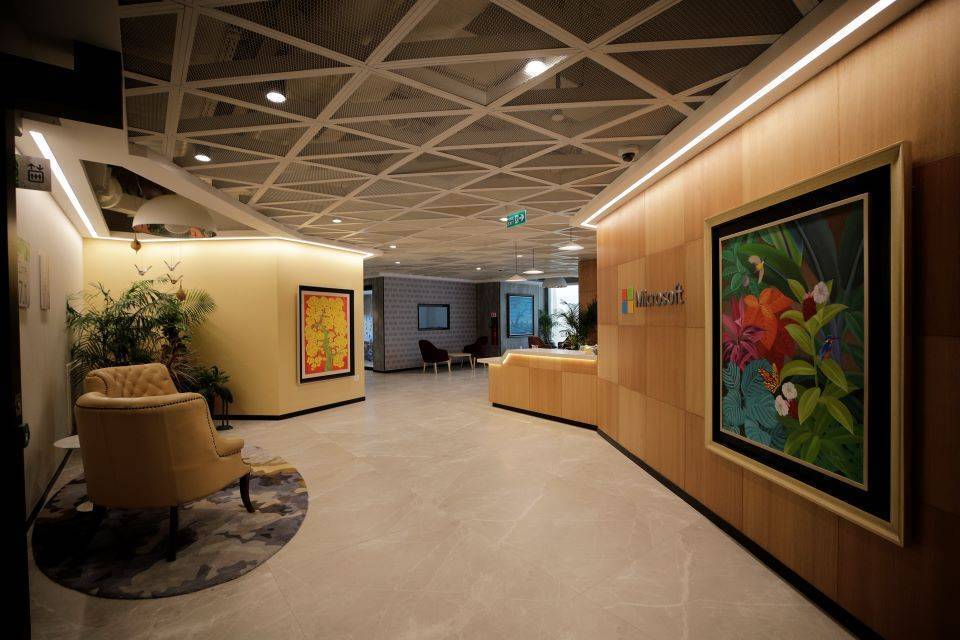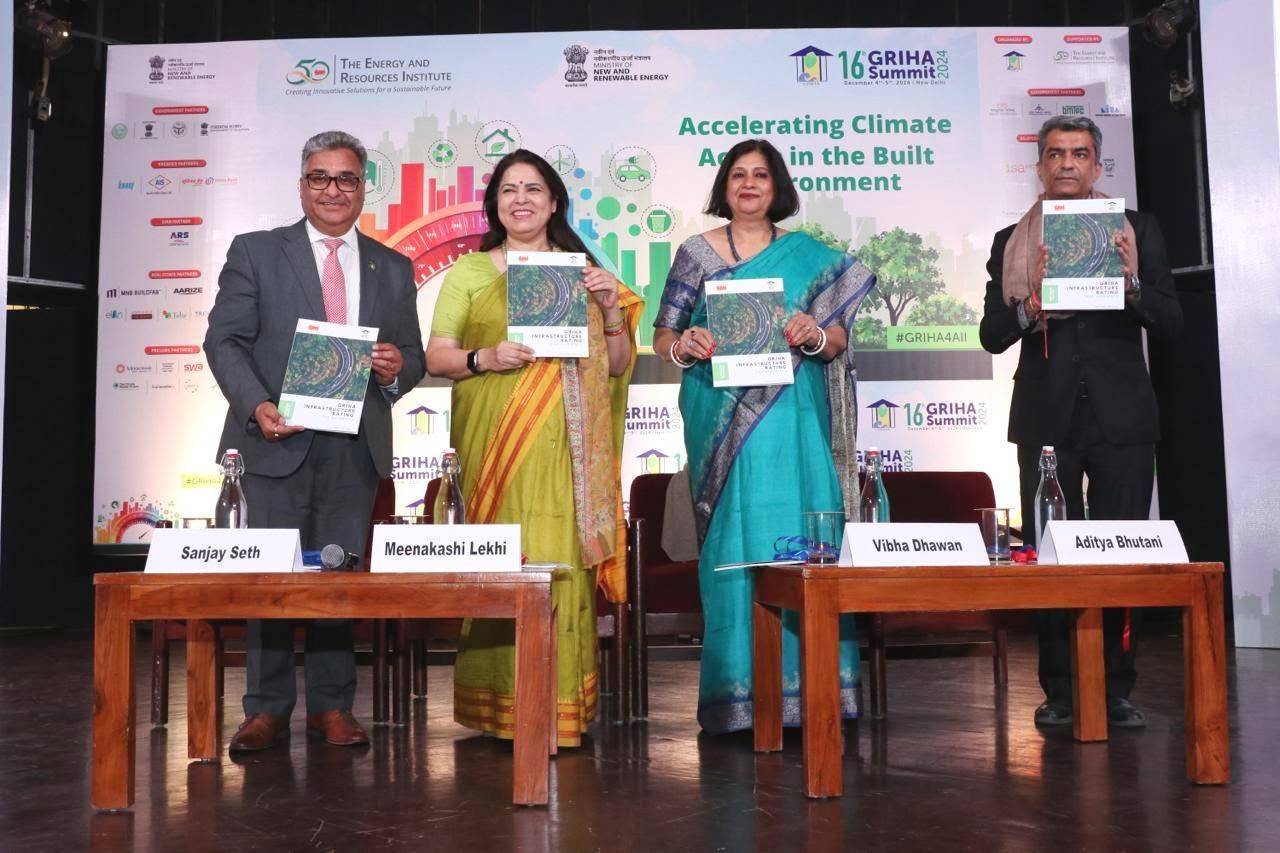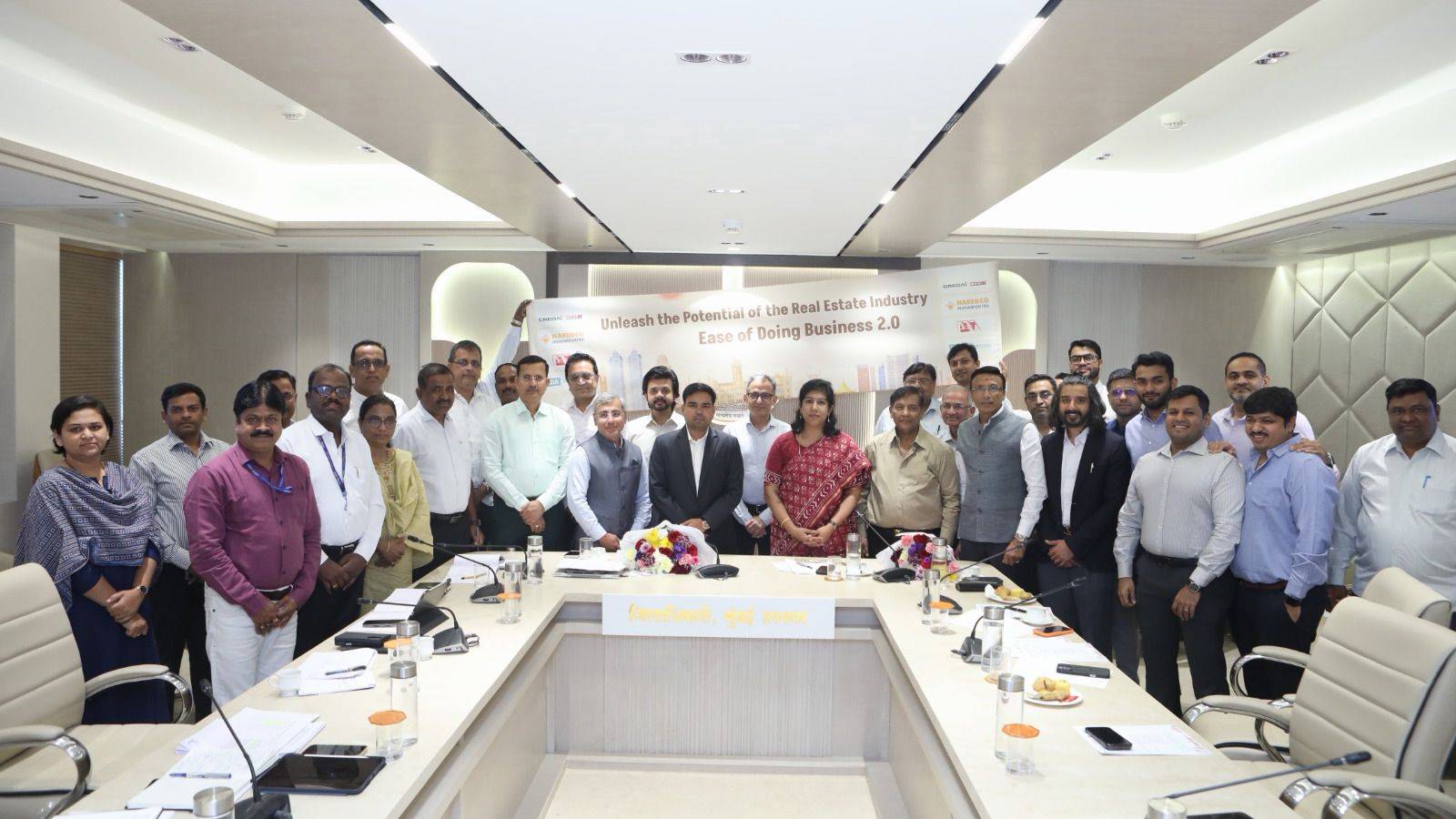Srinivas Katikithala, Secretary of the Ministry of Housing and Urban Affairs (MoHUA), highlighted the need to rethink traditional housing models as mobility and real-time accessibility become central to the needs of India’s population, particularly the youth. At a conference on ‘Indian Housing Landscape: Affordable to Accessible,’organised by CII in partnership with MoHUA , he discussed how, as more people, especially the younger generation, become mobile to avail economic opportunities, the focus must shift from static housing to adaptable habitation solutions.
Secretary Katikithala emphasized the importance of providing habitation on a need basis, catering to the dynamic nature of modern work and lifestyle. He proposed moving beyond the conventional perspective of housing as a fixed asset and ownership model to more flexible arrangements, such as rentals or sharing, to facilitate better accessibility. This shift would not only align housing with real-time needs but also enable mobility, ensuring that people can move from one urban area to another seamlessly to pursue economic opportunities.
He further explained that mobility is crucial for accessing opportunities, stating that without mobility, economic participation becomes limited. To address these challenges, the government is focusing on making land more accessible and reducing construction costs while improving urban transportation infrastructure to support the mobile workforce.
Shifting Focus: From Ownership to Flexibility
Secretary Katikithala stressed that the idea of housing needs to move beyond ownership and asset accumulation, suggesting a greater focus on flexibility through rental and shared accommodation options. He pointed out that as mobility becomes a central feature of people's lives, particularly among the youth, it is crucial to provide practical, accessible housing solutions that align with real-time needs. According to him, this shift would empower young people to easily access housing without the long-term commitment that homeownership requires, enabling them to move freely and participate in the country's economic opportunities.
Addressing Land Costs and Increasing Accessibility
One of the key factors influencing housing affordability, as noted by Secretary Katikithala, is the high cost of land. He indicated that the government is exploring ways to reduce these costs, which would consequently make housing more affordable. There is also a significant push to make land available at a lower cost, which will contribute to bringing down the overall cost of housing. Katikithala emphasized that land is currently a major contributor to housing expenses, and rethinking its usage could be instrumental in addressing the housing challenges faced by a mobile population.
Supporting Mobility with Infrastructure Investment
A critical component of improving housing accessibility is enhancing urban infrastructure. Secretary Katikithala noted that the government is making substantial investments in transportation infrastructure, particularly in urban areas, to ensure better connectivity and mobility. This investment is expected to make housing more accessible to individuals, facilitating easier movement and settlement in areas with job opportunities.
Energy-Efficient Housing and Financial Inclusion
Kuldip Narayan, Joint Secretary at MoHUA, discussed the vision for energy-efficient homes, aiming to make them as accessible and easy to purchase as appliances. This approach would allow prospective homeowners to make informed decisions about the long-term costs of living in a particular home. He also mentioned that the government is working on financial products aimed at assisting individuals in the informal sector. These products would provide financial support to people who lack traditional documentation, such as salary slips, making homeownership more accessible to a broader segment of the population.
Challenges for Low-Income Groups
Chittaranjan Dash, Principal Commissioner at DDA, shed light on the struggles faced by the bottom of the income pyramid in accessing affordable housing. Despite various subsidies, many still face barriers due to high land and construction costs. Addressing these challenges, Dash called for more solutions to make housing more affordable and accessible to these underserved groups.
Reassessing the Definition of Affordable Housing
Vipul Roongta, MD and CEO of HDFC Capital Advisors, noted that the definition of affordable housing should be reconsidered to reflect inflationary pressures over the years. Rising costs of land and construction materials have made housing less affordable, and adapting the definition to consider these changes would provide a more accurate benchmark for affordable housing.
Developer Financing Challenges
Pankaj Bajaj, Managing Director and CEO of Eldeco Group, discussed the financing difficulties faced by developers, particularly due to restrictive policies from the Reserve Bank of India (RBI) on land purchases. This limitation has forced developers to rely on expensive informal funding sources, driving up costs. Bajaj called for a reconsideration of these policies to help ease the financial burden on developers and encourage the construction of affordable housing.
The discussions at the conference highlighted the need for a shift in how we think about housing in India. Moving away from ownership to flexible living solutions, addressing high land and construction costs, and making housing more accessible to a mobile, younger population are key steps toward solving India’s housing challenges. The government’s focus on innovative housing models and investment in infrastructure shows promise for making housing more affordable and accessible to all.
Image source- linkedin.com









.png)